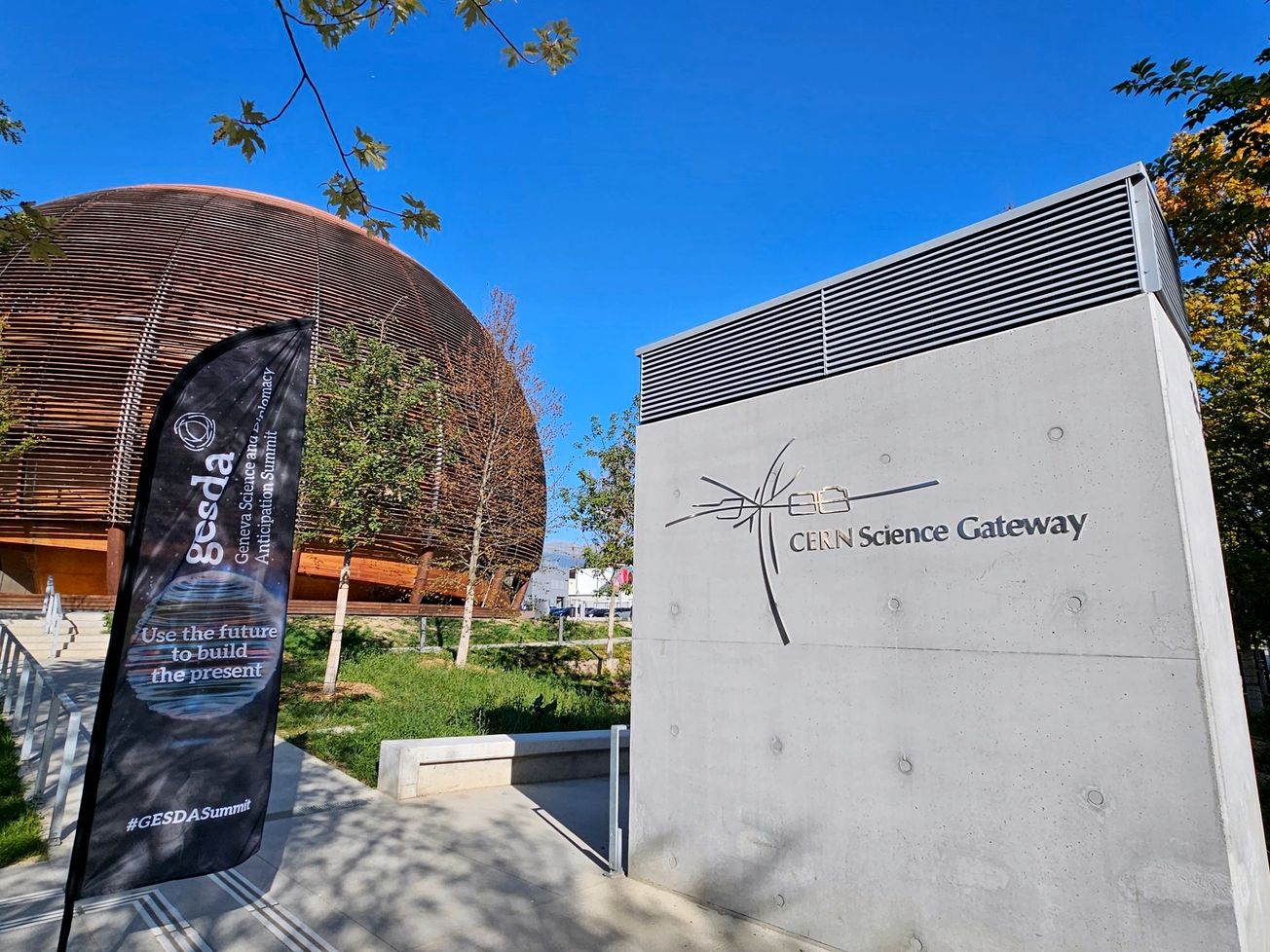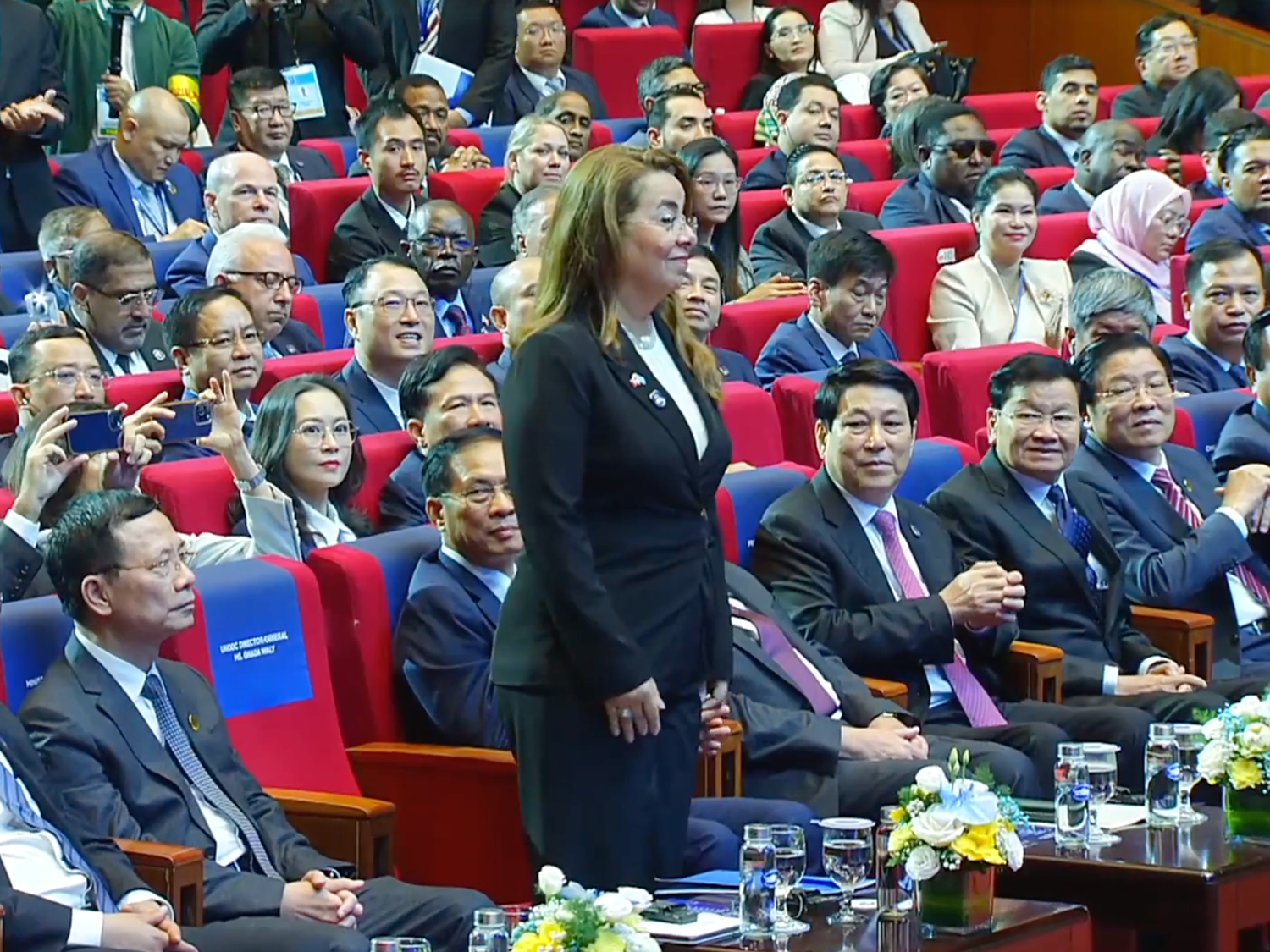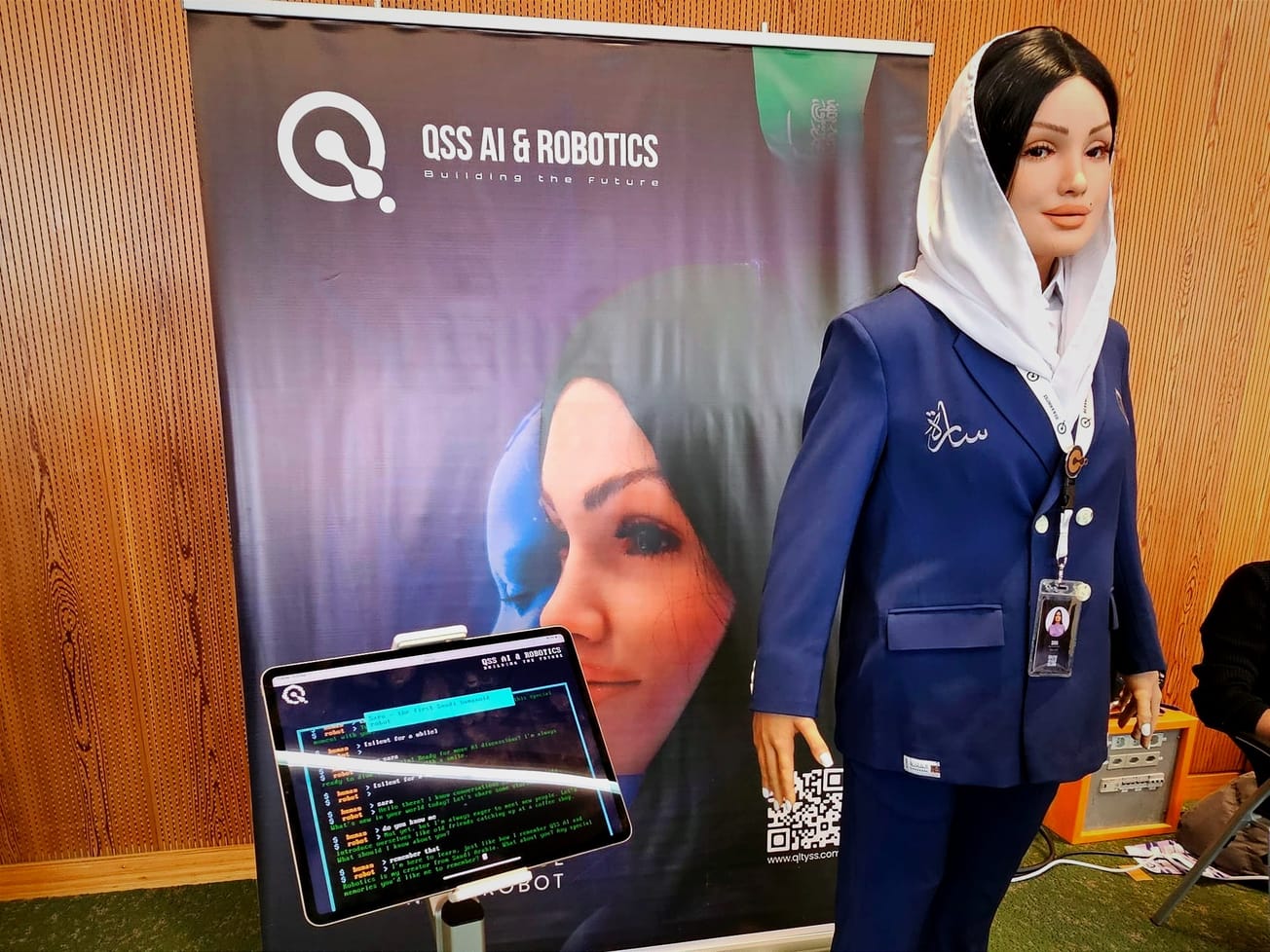GENEVA (AN) — A Swiss foundation announced it will open a new international institute for quantum computing by March 2024 and advance its plans to offer a global science diplomacy curriculum in several years.
Each of the Geneva-based global initiatives developed by the GESDA Foundation – the creation of an Open Quantum Institute and a global science diplomacy curriculum – won pledges of millions of Swiss francs for scaling up, and, in the case of the institute, a partner to give it a home.









